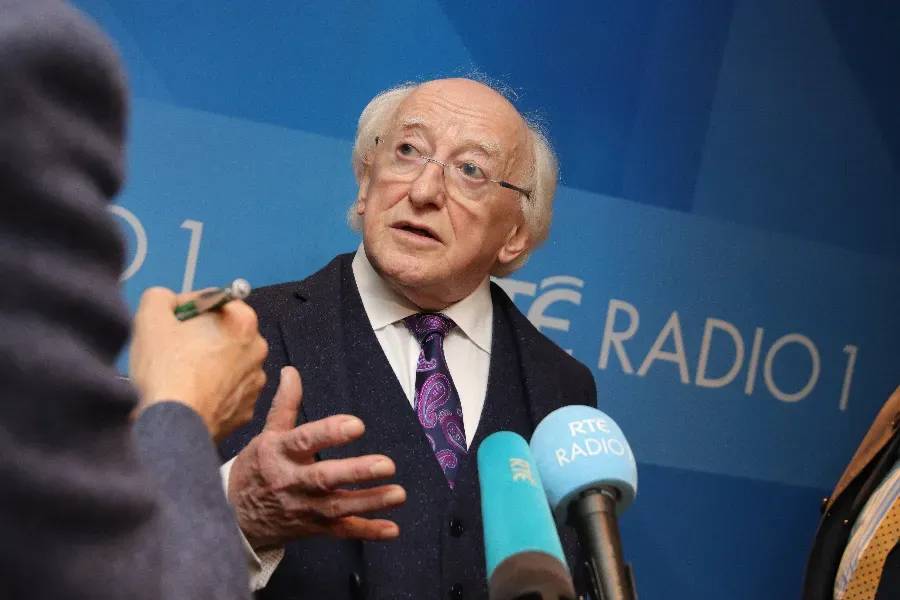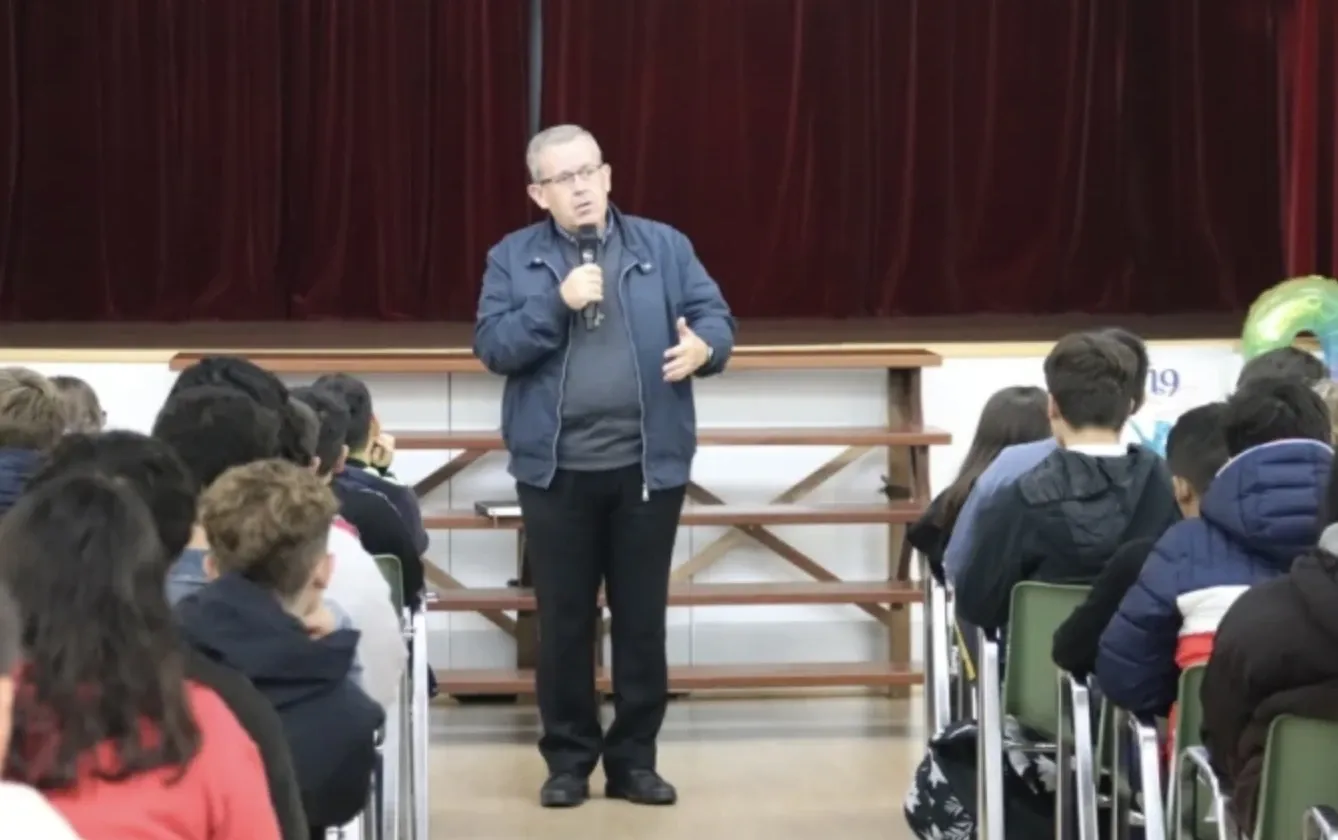“They should tell that to the families whose loved ones are targeted, day in and day out, and see what sort of response they receive.”
He said it was “high time the world woke up to the unpalatable truth” about the attacks.
At least 4,650 Nigerian Christians were killed for their faith in 2021 and nearly 900 in the first three months of 2022.
Nigeria is rated as the seventh worst country in the world in which to be a Christian, according the advocacy group Open Doors. Some aid organizations and experts are even assembling evidence that the killing of Christians in Africa’s most populous nation constitutes genocide.
But in 2021, the West African country was delisted without explanation from the U.S. State Department’s list of countries with the most egregious religious freedom violations.
(Story continues below)
Bishop Arogundade said that people who followed events in Nigeria closely would realize “that alluding to some form of politics of climate change in our present situation is completely inappropriate.”
“Terrorists are on free loose slaughtering, massacring, injuring, and installing terror in different parts of Nigeria since over eight years not because of any reasonable thing but because they are evil — period,” he commented.
The bishop, who has led the Diocese of Ondo since 2010, said that there was “a profound fear in every part of the country” due to widespread kidnappings, as well as attacks on churches, markets, and public transport.
He underlined that his flock understood the importance of protecting the environment, as set out in Pope Francis’ 2015 encyclical Laudato si’.
“While we are still mourning our loved ones after the horrible attack, I wish to appeal to those who are trying to take advantage of this horrific event to project any form of ideological agenda, to desist from such opportunism,” he said.
“I implore everyone to pray for Nigeria and indeed for peace in the world.”
“The victims of terrorism and indeed all the people of Nigeria would be thankful if world leaders propose fruitful ideas to the government of Nigeria on how to protect the citizens and make Nigeria a safe place to live.”
“This would be a better way of honoring the victims of hate and putting an end to the incessant killings in Nigeria.”








